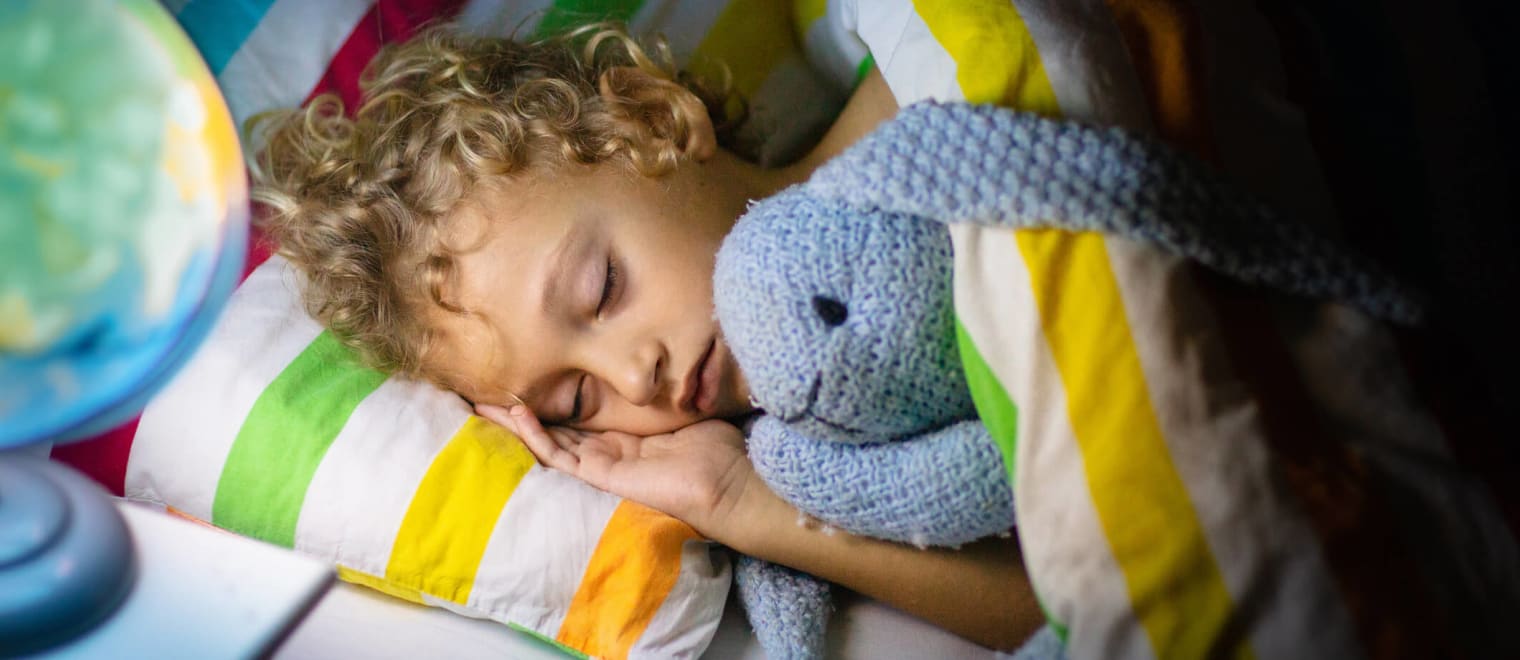This informal CPD article on Why Sleep Is So Important was provided by Mandy Gurney at Millpond Children’s Sleep Clinic, the UK’s first child and baby sleep consultants.
Why Sleep is so important
We spend about a third of our lives asleep and cannot do without it. Sleep is a vital function; it affects our physical and mental functioning profoundly. A good night’s sleep leaves us refreshed, alert and confident to face the challenges of the day ahead. Conversely, a bad night’s sleep deprives us of the concentration, energy and ability to do the things we need to in everyday life. Lack of sleep can cause us to become more irritable, moody and even negative. Our memory suffers and we are more likely to pile on the pounds as we head for the biscuit jar for that hit of sugar.
The lack of sleep for babies and children is even more profound. Insufficient sleep compromises their vital ability to learn, stay fit and healthy and even grow. Studies have shown that learning to sleep better lifts children’s mood and enhances their intellectual ability.
How sleep affects children
Babies can be restless, fractious and difficult to settle or calm. They can get into a pattern of snack feeding and snack sleeping; falling asleep part way through a feed, only to wake hungry again half-an-hour later, often in a restless tired state.
In toddlers lack of sleep often leads to impatience, poor appetite, clinginess and temperamental behaviour. This can have a snowball effect as, paradoxically, the over-tired baby or child finds it more difficult to sleep.
A lack of sleep can affect learning
Sleep studies have shown how lack of sleep can affect a child’s learning, academic potential, concentration and ability to focus. Children find it much harder to regulate their emotions making their behaviour more challenging. Pre-school children in particular are more at risk of accidents when tired. Now scientists believe lack of sleep to be one of the main contributing factors in the obesity epidemic; the less a child sleeps the less likely they are to exercise and more likely they are to eat high calorie foods (Fatima Y et al 2015).
The good news is that by learning to sleep well, these affects can be reversed and a child’s behaviour and performance can improve dramatically and quickly. School teachers have reported that, when children get more sleep, they show improved concentration and application in the classroom and are more likely to enjoy and fit in with their school nursery or school environment.
We have found that the effect can go much further. When a baby’s or child’s sleep problem is solved, the spirit of the whole family lifts.
Why young bodies need sleep
This is when the body restores itself and essential processes take place:
- Vital hormones are released for growth and repair
- White blood cells are produced, supporting the immune system and fighting infection
- The hormones, grehlin and leptin, that control our appetite and satiety are re-balanced, keeping body weight in check
- Blood is directed to the developing muscles
Why young brains need sleep
The sleeping brain is very active, sleep:
- consolidates new memories and connects new experiences with old memories to help children make sense of their world
- restores the brain’s ability for learning by making way for new memories
- lays down muscle memories
- helps with focus, learning and concentration
- enhances creativity, problem solving and decision making
Sleeping for life
A child who learns to sleep well in his early years not only reaps the immediate psychological and physical rewards, also learns habits that will benefit them for life. Studies have shown that young children whose sleep issues go unaddressed are more susceptible to sleep problems as older children (Pollock J 1994).
Teaching children to sleep well at a young age does not just benefit the parents who are caring for them; it also sets up habits that will help sustain children through the changing challenges and pressures of their teenage and adult years, when the energy and clarity of a rested mind and body give them the resources they need. Sleeping well is about laying the essential foundations for a healthy life.
We hope this article was helpful. For more information from Millpond Training, please visit their CPD Member Directory page. Alternatively please visit the CPD Industry Hubs for more CPD articles, courses and events relevant to your Continuing Professional Development requirements.













